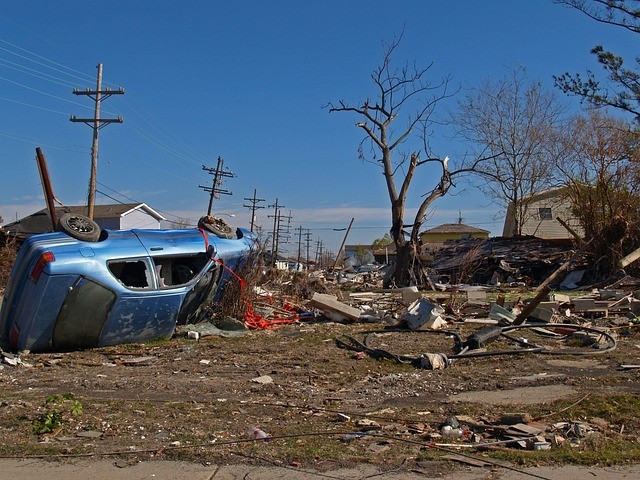Poseidon, the Greek god of the sea, earthquakes, and horses, holds significant symbolism in Greek mythology. His domain over the vast oceans, his powerful character, and his influence on natural phenomena make him a complex and intriguing figure. Here’s a closer look at the symbolism of Poseidon in Greek mythology:
1. Mastery Over the Sea:
Poseidon’s most prominent domain is the sea, which covers the majority of the Earth’s surface. The sea represents both life-sustaining abundance and unpredictable chaos. Poseidon’s control over the seas symbolizes his authority over the forces of nature, as well as his ability to bring both calm and tempestuous waters.
2. Symbol of Power:
Poseidon’s control over the sea and his association with earthquakes, which were often perceived as earth-shaking displays of power, established him as a symbol of strength, authority, and sovereignty. His trident, a three-pronged weapon often depicted in his hand, became an iconic symbol of his might.
3. Connection to Horses:
Poseidon is also considered the god of horses due to his creation of the first horse. The horse symbolizes speed, strength, and freedom. The crashing waves of the sea are often compared to the galloping of horses, reinforcing his dual role as a deity of both land and sea.
4. Storms and Calamity:
As a sea god, Poseidon had the ability to create and control storms. His storms could either be devastating or life-giving, emphasizing the unpredictable nature of the sea and its potential for both bounty and destruction.

5. Earthquakes and Transformations:
Poseidon’s connection to earthquakes, which were believed to be caused by his shifting temper, symbolizes his ability to reshape and transform the earth’s surface. This aspect of his power underlines his role as a divine architect and shaper of the world.
6. Representing Human Ambitions:
Poseidon’s character often reflects human traits such as pride, jealousy, and ambition. In myths, his conflicts with other gods and his rivalry with Athena over the city of Athens showcase the theme of human aspirations and their consequences.
7. Dual Nature:
Poseidon’s dual nature as both a creator and a destroyer mirrors the dual nature of the sea itself. His role as a deity who can nurture life and unleash chaos underscores the intricate balance of natural forces.
8. Cultural Significance:
Poseidon’s symbolism extended beyond mythology. In ancient Greece, he was worshipped as a guardian deity of sailors, ensuring safe voyages and bountiful catches. He was also associated with coastal cities and their prosperity.
9. Mythic Encounters:
Poseidon’s involvement in various myths highlights his influence on both human and divine affairs. His interactions with heroes and gods illustrate his pivotal role in shaping destinies and challenging the boundaries between the human and divine worlds.
In summary, Poseidon’s symbolism in Greek mythology encompasses themes of power, unpredictability, transformation, and the interplay between human ambition and the forces of nature. As a deity who controls the vast oceans and shapes the earth itself, Poseidon stands as a complex embodiment of the natural world’s intricacies and the mysteries it holds.











